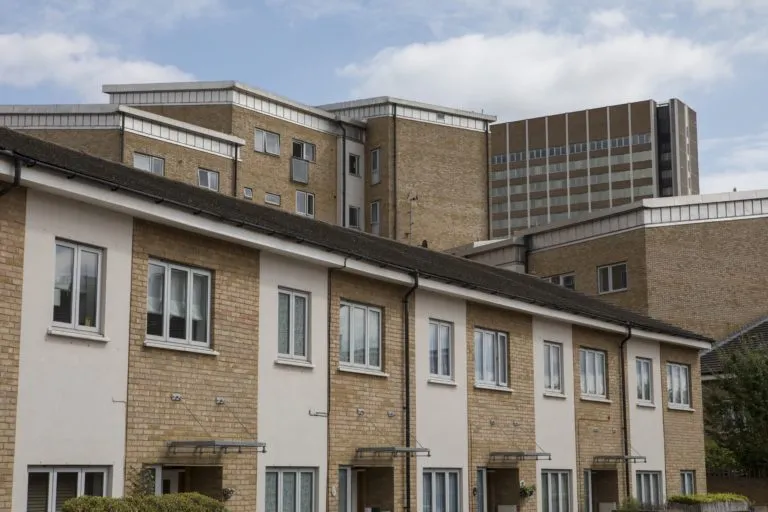Fixing the economy starts with home
Published: by Robin White

On Wednesday 3 March, the chancellor of the exchequer will deliver his second budget. For the second time, external events will dictate the content far more than politics. With more than 20 million people now vaccinated, and the prime minister’s roadmap for ending lockdown published, it is reasonable to assume that the chancellor will look to begin a shift in focus away from emergency spending and onto economic recovery.
If this is the case, then one area the chancellor must consider is housing – particularly social housing.
A strong economy, as former chancellors were keen to tell us, is built on solid foundations. There is no more important foundation than access to a safe, secure, and affordable home.
We are not alone in seeing social housing as a vital part of our economic recovery. Today, a number of chief executives from some of the UK’s biggest companies, from banking to home improvement, come together to ask the Prime Minister and the Chancellor to take action.
Why social housing?
Social housing gives people the opportunity to thrive.
By ensuring everyone has access to a home that they can afford and that offers security, we enable people to seize new opportunities. We empower and support people.
The absence of social housing can only hold people back.
In places like Manchester, we have seen how economic growth disconnected from housing means not everyone shares in prosperity.[1] New jobs and new opportunities are meaningless for a family forced to relocate, as private rents and house prices rise beyond their reach.
Social housing is the answer to this, but its also part of the answer to how we create jobs and growth in the first place.
As we outlined in our 2019 report, Building our way out, social housing will play a vital role in protecting jobs in the coming months, and in delivering economic benefit.
Unlike market-sale housing – the type built by major developers – social housing is a ‘counter-cyclical’ product. This means its delivery doesn’t fluctuate in line with market demand, so a drop in house prices or a recession doesn’t mean output has to reduce.
That means that social housing can be built now, and in the coming months and years. Its stable demand will ensure that bricklayers, plasterers, and electricians have jobs – and that those who need them have homes.
Building the social homes we need
Build social housing now may be a slogan, but it’s one we back with a plan. A plan that requires the government to:
- announce a new two-year New Homes Rescue fund, that would invest £12.2 billion into affordable housing – with a focus on social rent homes
- announce a ten-year Level Up housing fund, to build on the two-year fund. Invest £12.8 billion, to deliver at least 90,000 social homes a year
- announce a wave of technical changes to how money is spent on affordable housing, to ensure it prioritises the delivery of much-needed social rent homes
Now is the time for taking bold steps like these and the coalition of voices supporting them will only grow.
Join us. Call on the government to make sure everyone has a safe home during the pandemic.
[1] For more information, see our Building our way out report